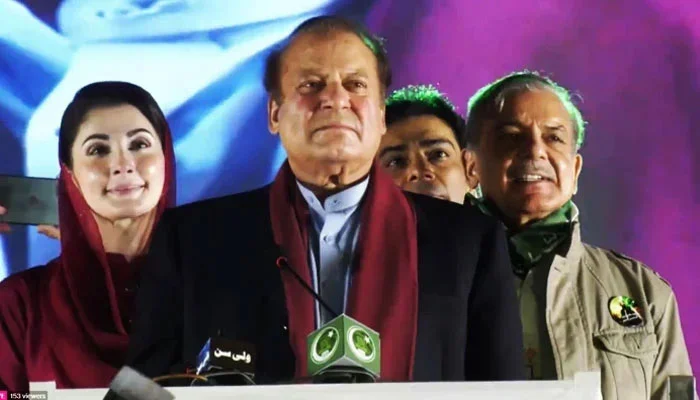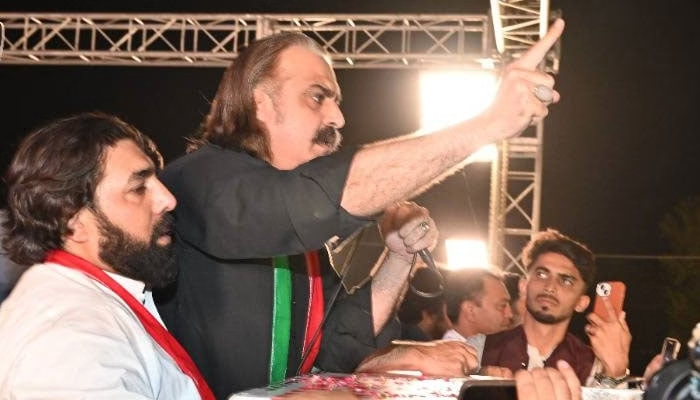Renowned Islamic scholar and Sheikh Al-Hadith Mufti Muhammad Taqi Usmani recently addressed a gathering in Karachi, where he discussed the pervasive issues of rigging in elections and the necessity for public action to bring about governmental change. He emphasized that systemic changes often come from the grassroots level rather than through political systems alone.
A Critical View of Western Influence and Economic Dependence
Mufti Usmani highlighted how the West has been idealized in every aspect of life, criticizing Pakistan’s inability to progress in essential infrastructure developments such as the road to Lake Saif-ul-Muluk or the expansion of the railway network beyond what the British established. He questioned the root causes of these shortcomings, pointing out the country’s dependence on the International Monetary Fund (IMF). This dependence has led to a significant debt burden on future generations, making it difficult to envisage the implementation of an Islamic system through political means alone.
The Role of the Business Community
Addressing the business community, Mufti Usmani underscored their critical role in the nation’s economic health. He argued that the business sector could compel political reforms by leveraging their influence. He encouraged businessmen to seek international cooperation, particularly in aiding Palestine, and to adopt long-term policies akin to those developed by global think tanks.
Economic Self-Reliance and Boycott of Imported Goods
Mufti Usmani called for a national movement against the use of imported goods, especially those from countries hostile to Muslims. He urged traders and the public to unite in this cause, suggesting that such a boycott could address the foreign exchange crisis and reduce dependency on imports. The IMF, he noted, often prevents import bans due to their interests, underscoring the country’s political and economic subjugation to international institutions.
Political Slavery and the Need for Public Mobilization
Highlighting the concept of political slavery, Mufti Usmani stressed that true freedom cannot be achieved solely through political means. He called for a collective movement where different societal classes come together to find solutions to this subjugation. He firmly believes that if the people stand united, they can compel the government to act in their favor.
Addressing Poverty Through Zakat and Islamic Banking
On the topic of economic disparity, Mufti Usmani pointed out that proper payment of zakat by the entire nation could significantly reduce poverty. He also defended Islamic banking, acknowledging that while it may offer lower returns than conventional interest-based systems, it is a viable alternative. He emphasized that the presence of scholars in Islamic banks ensures compliance with Sharia, and the State Bank of Pakistan has a Sharia audit department to maintain this oversight.
Challenges of Implementing an Islamic Financial System
Mufti Usmani acknowledged the challenges of transitioning to a fully Islamic financial system, noting that the current usury-based system has external origins. He advocated for a phased approach to Islamize the financial system, recognizing that immediate and complete transformation is impractical.
Mufti Taqi Usmani’s address serves as a clarion call for collective action against the entrenched political and economic issues facing Pakistan. By advocating for public mobilization, economic self-reliance, and the gradual implementation of Islamic principles, he offers a comprehensive approach to overcoming the nation’s challenges. His message underscores the importance of unity and proactive efforts in achieving systemic change and national prosperity.



